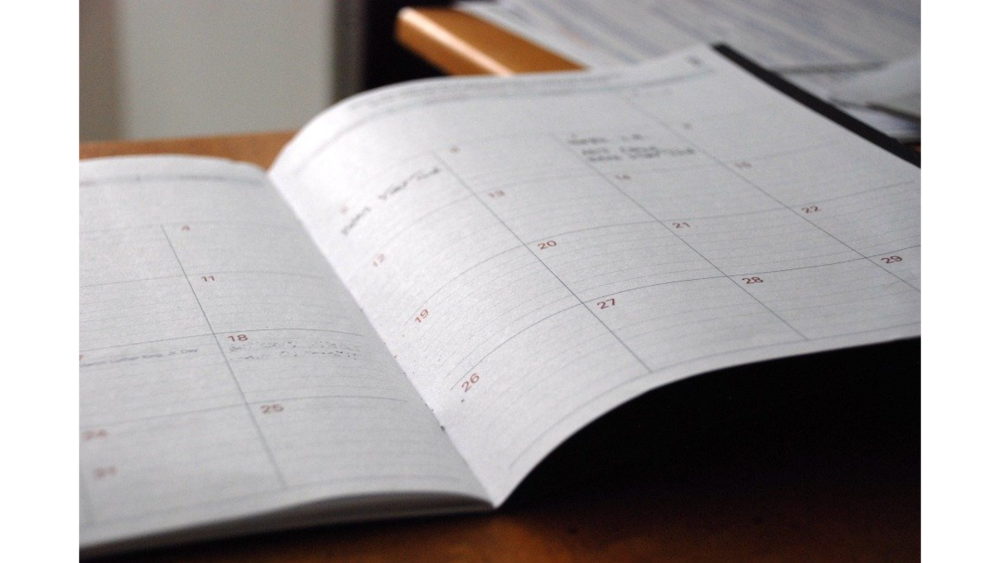YOU’VE FOUND THE ONE
MAKE AN OFFER / CONTRACT ACCEPTANCE
Congratulations, you found the house you want to buy and you’re ready to make an offer.
It may seem like the hard part is over, and if you followed our advice from step #3 and found that awesome agent, you’ve given yourself the best chance for a smooth transaction.
But an offer is so much more than price.
It can include a myriad of contingencies and each contract will be unique because each property and situation is different, but most contracts will have a few main parts, such as:
PRICE
EARNEST (DOWN) MONEY
CONTINGENCIES (MORTGAGE, INSPECTIONS, ETC.)
CLOSING DATE
Each one of these is important in its own right and the weight each holds with the seller will differ from transaction to transaction.
Most people think price is king, but sometimes a quick closing or a contract without a mortgage contingency is more attractive to a seller.
A great agent is going to know how to make the most attractive offer based on your unique situation while insuring that you are always completely protected.
Because each situation is different, it is best to discuss the details of the offer with your agent and never be afraid to ask questions until you are comfortable with the contract you are about to sign.
Once you complete your offer, the seller’s agent will present your offer (and any others in a multiple offer situation) to the seller.
If they agree to your terms, they will accept your offer by signing it.
Sometimes they will choose another offer and other times they will want to negotiate some of the terms.
Remember that your agent should have your back here – she can explain any part of the process that you do not understand.
MEET DEADLINES, COMPLETE INSPECTIONS
Now that you have a signed contract, the clock starts ticking.
You have a certain amount of time to perform tasks as outlined in the contract.
This timeline will be specific to your contract, but make a list of important dates up front and ask your agent how long she thinks you need to complete each task.
You should know that while your agent may have some great recommendations for mortgage lenders, home inspectors, and title companies, you are never, ever locked in to using someone you don’t want, even if your agent offers services in house. In fact, some in house lenders or title companies charge more, so beware and shop around. Check out our article on what to expect for closing costs here.
Here’s a list of the most common tasks you will need to accomplish before closing:
DEPOSIT EARNEST MONEY
This down payment is a good faith offer showing the seller that you are committed to buying their house.
The down money is held in escrow until the day of closing and then it is brought to settlement and applied towards your closing costs or down payment.You can make one or more deposits as you go through and check off contingencies. Sometimes a second deposit can be the one thing that pushes your offer to the top in a multi-offer situation.
SECURE A MORTGAGE
You had a pre-approval letter before you went shopping, now it’s time to lock in that financing.Talk to your lender as soon as you have an accepted offer and they will let you know what you need to do next.That’s going to be different for each lender and type of mortgage.
Your lender may require an appraisal or other inspections and your agent should help coordinate these.You will want to start shopping for home owner’s insurance too, your lender will require that as well.
INSPECTIONS
If you elected to perform any type of inspections, you will want to get those scheduled as soon as you can.
You need to have them completed and any request for compensation or remediation has to be submitted to the seller before the end of the time allotted for inspections.
You are not required to do inspections and you are free to change your mind after the fact, even if you elected to do them in the contract.Once you have completed the inspections, you have a few options.
You can either terminate the contract, negotiate the repairs (or credits for repairs) with the seller, or you can do nothing and accept the house as is.
HIRE A TITLE COMPANY
A title company is also sometimes called a settlement agent. While you won’t interact with the title company much until later in the process, you will often hire them in the beginning of the transaction. In Pennsylvania, there is a timeline in the contract which clearly states how long you have to hire a title company. Your agent can help you decide whether the standard length of time is acceptable or if you need more time.
A title company will generally double as the settlement agent in Pennsylvania and they will work with the buyer, the seller, the mortgage lenders and insurance companies to facilitate closing.
They will research the property and will insure that you have clear title.They provide title insurance, which guarantees that there are no unforeseen liens against the property.
Lenders will require title insurance. The title agent will facilitate closing and will file and record paperwork. A little known fact is that cash buyers are not required to buy title insurance (though most agree it is a necessity).
You and your agent will work closely with this agency to make sure you have completed all the documentation as needed.Just before the closing, the title agent will let you know exactly how much money you need to bring to the table.
Since the title agent coordinates the closing of the property and brings together title, real estate and lender, it is integral that you choose someone professional, competent and local.
An out of state title company can be a bad idea.
It’s your choice in the end, but an out of state title company may not know the local customs and may be less able to facilitate a smooth transaction.
If you have an out of state lender and they lead you to believe you will get a discount by using their title company, you owe it to yourself to shop around before you commit.
Title insurance rates are set by law and many out of state companies charge additional fees that a local agency might not.Plus, on the day of settlement, if any small changes need to be made, an out of state company will be hard pressed to make them whereas a local title agency can usually still get it done.
GET READY TO MOVE
Now that you’re past the inspections phase, it’s time to start packing.
You’ll want to hire a mover or any other contractors now to be sure they are available when you need them.
Consider hiring a professional mover...or just do it all in one trip.
Call the utility companies to make sure there is no break in service. Let them know your move in date and set up your new accounts.
Submit a change of address at the post office or online.
DAY OF SETTLEMENT, FINAL WALKTHROUGH
You finally made it!
The day of settlement has arrived and you are so close to getting the keys to your new abode. Take a deep breath and make sure you’ve got everything you need to close the deal.
Just before settlement, you’ll do a final walkthrough of the property with your agent. You want to make sure that nothing major has happened since you last saw the property.
Specifically, you will be looking for damage the seller may have caused when moving out, major defects that are revealed when personal property is removed that were not disclosed and any systems failures.
If the basement has filled with three feet of water, you kinda want to know that before you sign on the dotted line, right?
Most of the time, any issues you might discover will be small, such as moving damage or personal property left behind, and these can be handled before settlement without delaying the closing.
Your agent will be with you for the final walkthrough and can advise you on any questions you may have at this point.
Lastly, you want to make sure you have all the paperwork/documentation you need for settlement, here’s a standard list:
GOVERNMENT ISSUED ID FOR EACH BUYER
CERTIFIED CHECK (SETTLEMENT AGENT WILL GIVE YOU THE NUMBER)
HOMEOWNER’S INSURANCE POLICY (INVOICE OR PAID RECEIPT)
CHECKBOOK (FOR MINOR ADJUSTMENTS)
Be sure to get all the keys, alarm codes, and garage door openers for the property.
That’s it – enjoy your new home!





